10 Essential Facts About Native American Casinos
The landscape of gambling in the United States was forever changed in December 1979 with the Seminole Tribe’s groundbreaking move to open the very first Indigenous-owned casino-a high-stakes bingo hall in Florida.
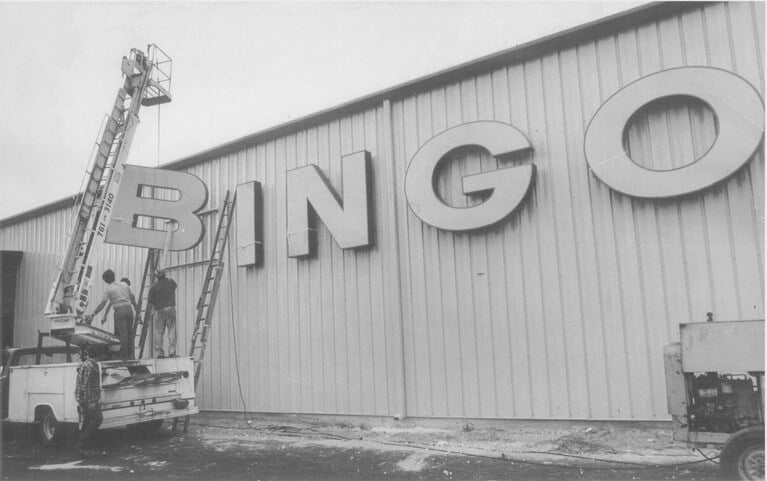
Shortly after opening, the bingo parlor faced threat of closure from local law enforcement. In a landmark decision in 1981, the Supreme Court confirmed that the Seminoles, thanks to their sovereign status, had the right to operate gaming facilities on their land. This ruling paved the way for tribes across America to open their own gaming venues.
Today, more than 500 Native American casinos operate throughout the U.S., each shaped by unique legal, economic, and cultural contexts. What sets these casinos apart from commercial counterparts? Here are ten crucial points everyone should know.
Tribal Casinos: Unique Tax Rules Explained
Many people misunderstand the tax structure around Native American casinos. While tribal governments are exempt from federal and state taxes on casino revenue, this doesn’t mean the casinos operate free from financial obligations. Usually, tribes negotiate compacts with local and state authorities that may require sharing a percentage of profits.
However, income distributed to tribal members-as salaries or profit shares-is subject to personal income tax, unless it’s granted under social welfare programs. For players, standard IRS regulations apply. Winnings are taxable, and most casinos provide win/loss statements to assist patrons during tax season.
Native American Casinos Eclipse the Las Vegas Strip in Revenue
In fiscal year 2021, tribal casinos generated an unprecedented $39 billion in gross gaming revenue-outstripping the $7 billion reported by all casinos on the Las Vegas Strip. While this comparison isn’t apple-to-apple (nearly 500 tribal venues versus about 30 on the Strip), it underscores the enormous economic footprint of Native American gaming operations.
Security at Tribal Casinos: What Visitors Should Know
Unlike commercial casinos where security typically notifies police, Native American casinos are often patrolled by tribal police, empowered on sovereign land. These officers can investigate incidents, detain suspects, and search individuals-even non-tribal members. However, only Indigenous people can be formally arrested by tribal law enforcement; arrests of others must be handled by external police agencies.
Landmark Las Vegas Casino Now in Indigenous Hands
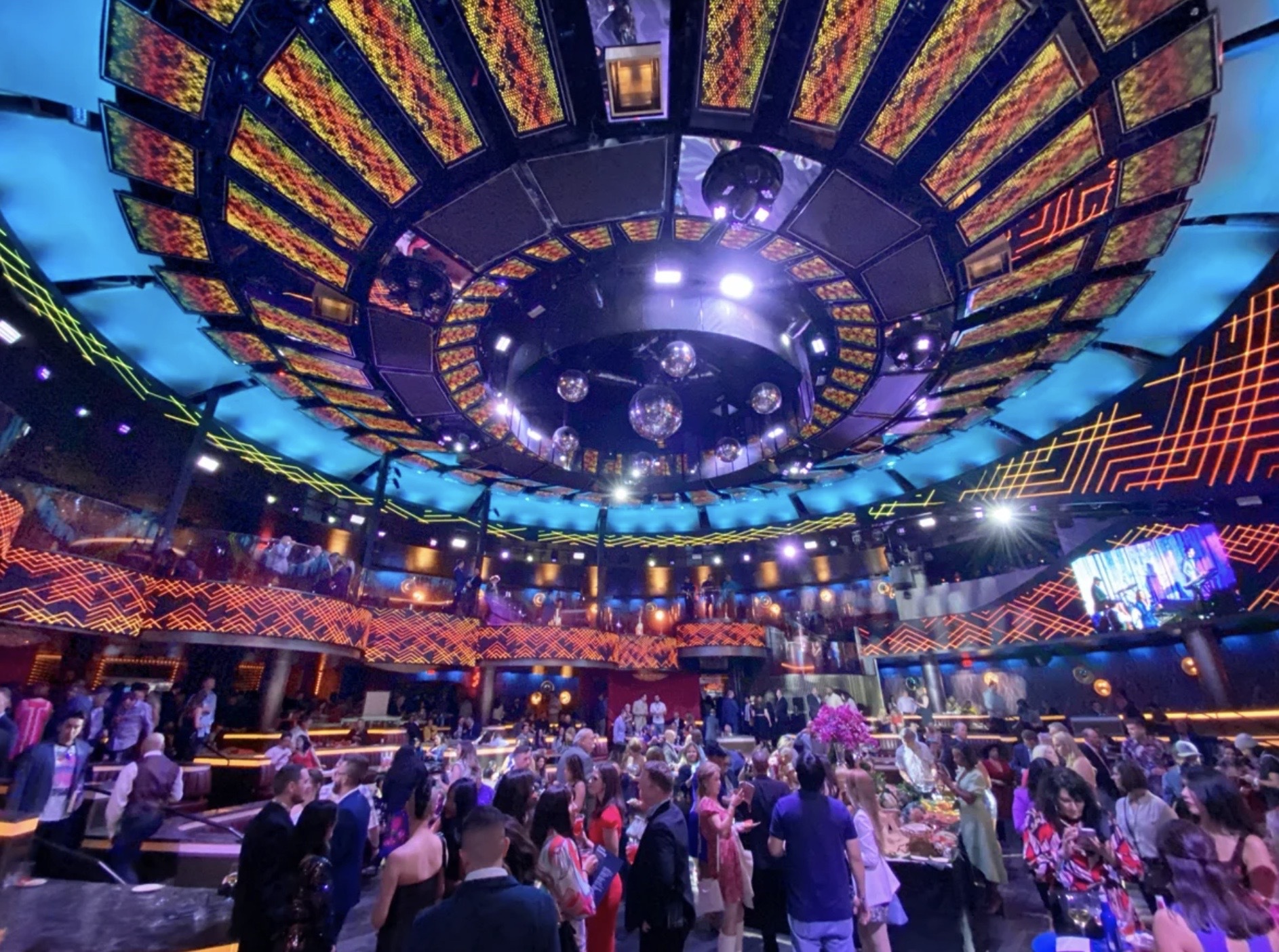
In 2021, the San Manuel Band of Mission Indians purchased the Palms Casino Resort in Las Vegas for $650 million, marking the first time a tribal nation has owned a Vegas casino. The 703-room property underwent significant renovations and reopened its doors in April 2022, cementing the tribe’s presence in the nation’s top gaming hub.
Game Regulation: Distinct Standards Apply to Tribal Casinos
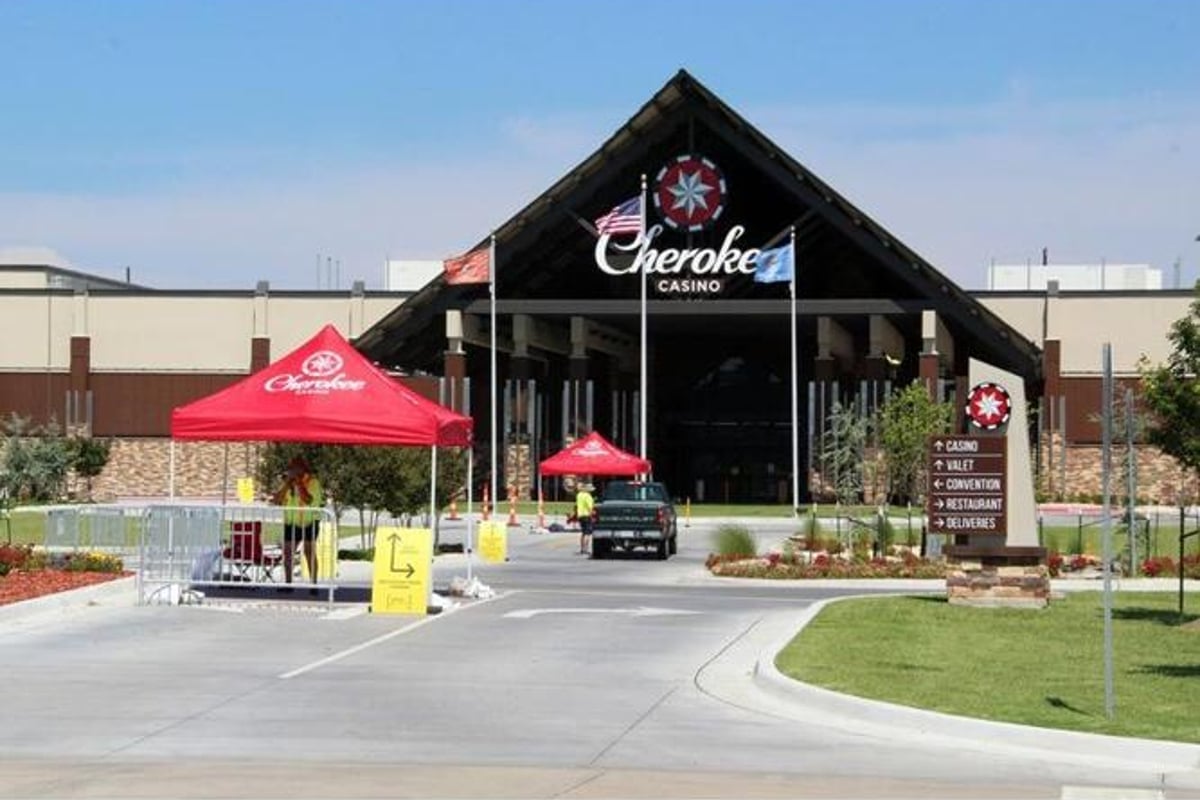
Gaming operations at Native American casinos are governed differently than state-regulated venues. Each tribe adopts gaming ordinances approved by the National Indian Gaming Commission, setting their own standards for payouts and odds. Although payout percentages are not always posted for public view, anecdotal experience suggests table games are competitive, while slot machine odds may be tougher compared to other locations. Individual experiences can vary widely, as each casino’s regulations differ.
Record-Breaking Casino Sizes on Tribal Land
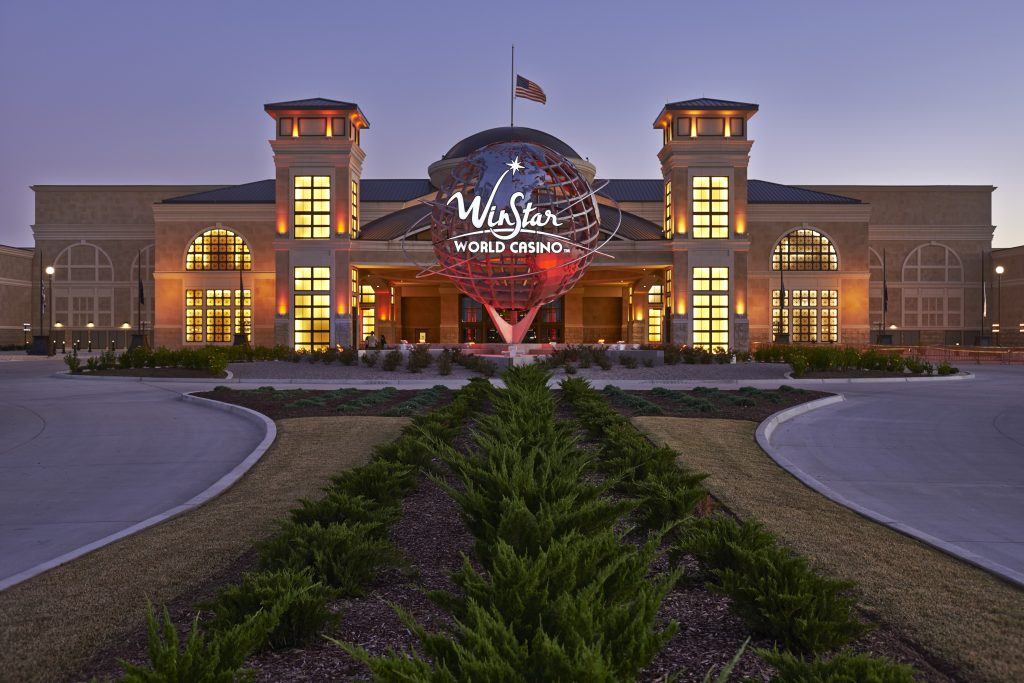
Native American gaming properties are among the largest casinos globally. The WinStar World Casino and Resort in Thackerville, Oklahoma, owned by the Chickasaw Nation, boasts a gaming floor surpassing 600,000 square feet-bigger than some of the world’s most famous casinos. Foxwoods Resort Casino in Connecticut, run by the Mashantucket Pequot Tribe, offers 344,000 square feet of gaming space-more than double that of Caesars Palace.
Who Runs Tribal Casinos? Ownership Versus Management
While Native American tribes always own the land where these casinos are built, management is sometimes outsourced. Tribes often turn to experienced advisors, business partners, or major casino corporations to oversee daily operations. Prominent examples include Caesars Entertainment, which has operated several tribal casinos, and other business tycoons who have formed partnerships with tribal nations to build and run properties.
Economic Benefits: Casino Jobs Boost Local Communities
One of the biggest positive impacts of tribal casinos has been dramatic improvements in local employment and living standards. Research shows that regions with Native American gaming facilities experience a 26% surge in employment and a 14% decline in the working poor. Casino-driven opportunities have even encouraged a return migration to reservations and helped reduce poverty-linked issues such as childhood obesity.
Potential Downsides: Social and Economic Risks
The arrival of casinos also brings challenges for Indigenous communities and nearby areas. Studies correlate casino openings with higher rates of violent crime (up 10%), more car theft, and increased bankruptcies within a 50-mile radius. Native Americans are statistically at greater risk of gambling addiction, sparking ongoing debate about the overall impact of tribal gaming enterprises.
Reinvesting Casino Profits: Building Stronger Tribal Communities
Despite the immense casino revenues, most Native American tribes still face socioeconomic challenges. Instead of distributing major profits directly to tribe members, casino earnings are generally directed toward infrastructure, healthcare, and education. For instance, the Muckleshoot Tribe in Washington has funded medical centers, elderly housing, and more using casino income.
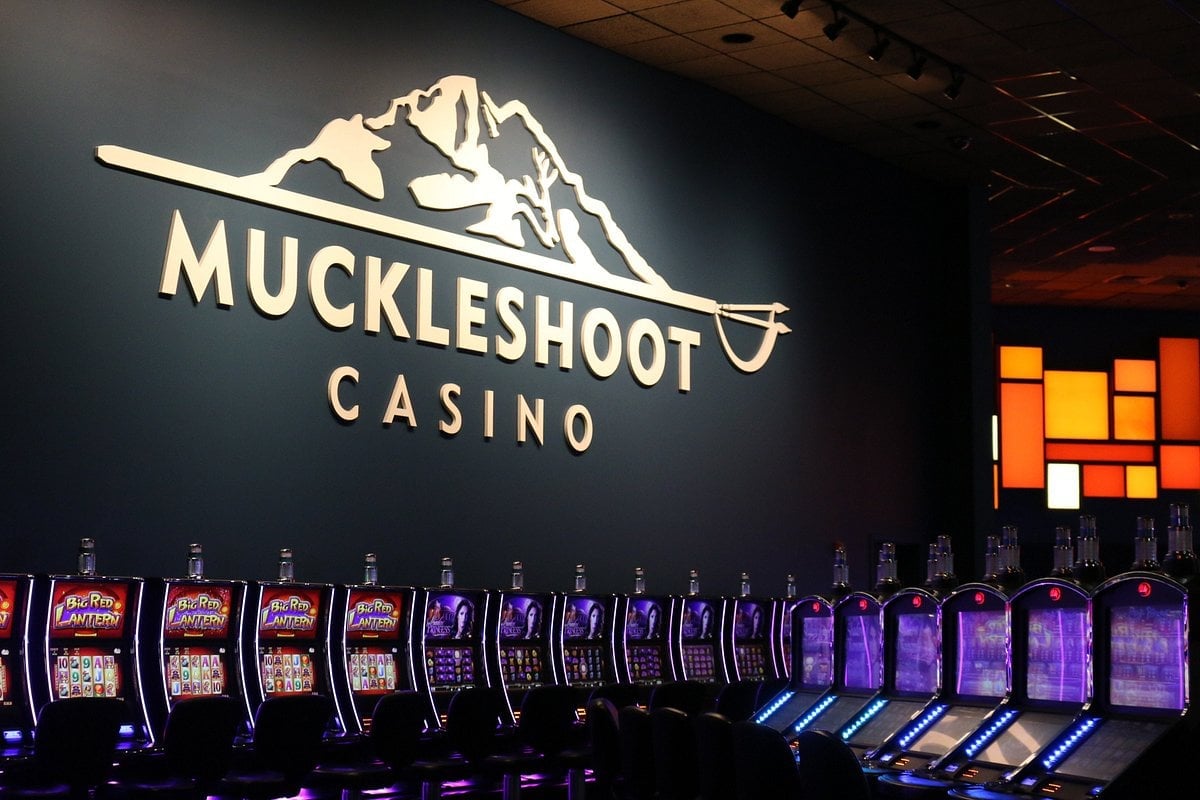
Tribal nations are also leaders in charitable giving. The Muckleshoot Tribe donates over $3 million annually to local governments, schools, nonprofits, and churches, using casino success to support both their communities and the broader region.













